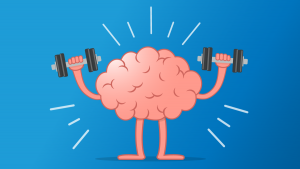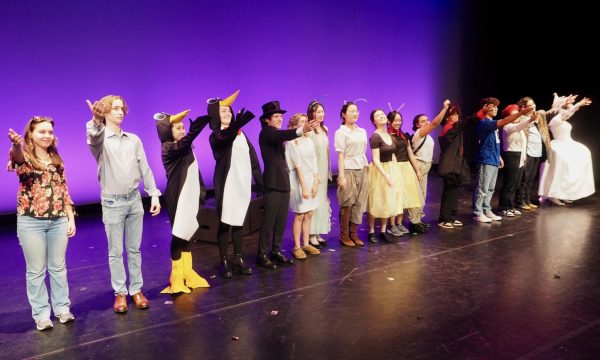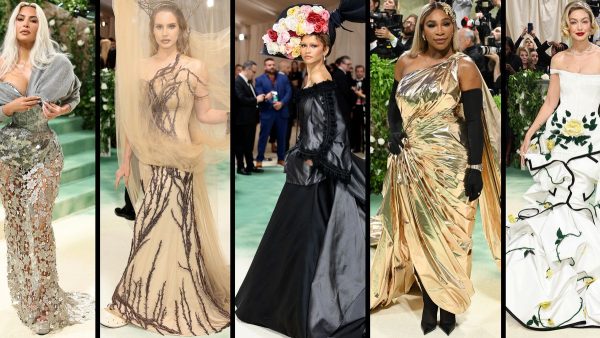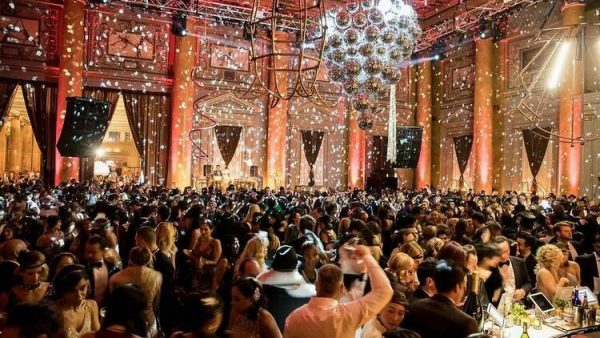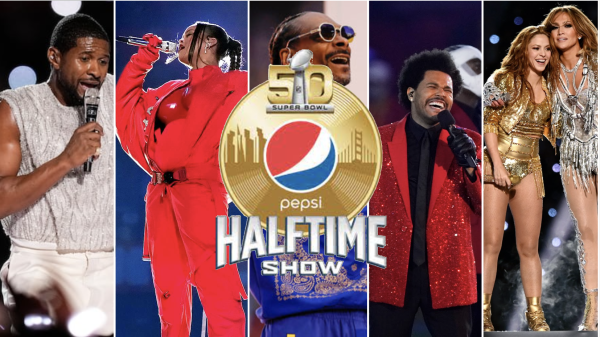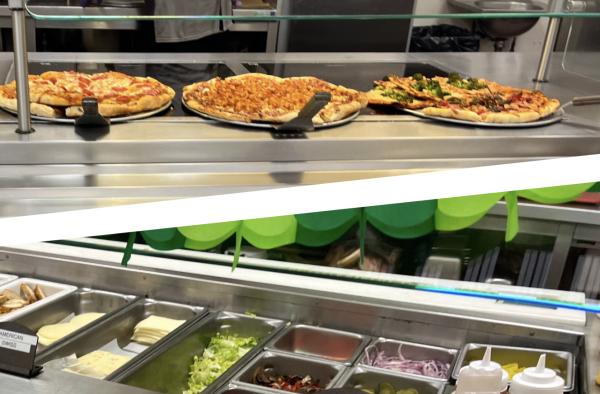Reliving the Glory Days: Reboot Revival
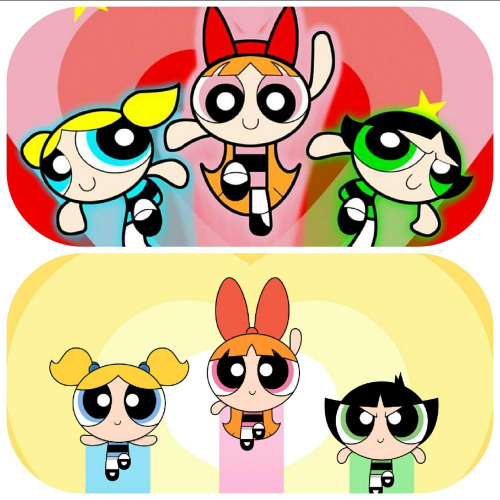
Comparison of the Powerpuff Girls: 1998 original version (top) vs. 2016 reboot (bottom).
June 14, 2021
There are always those couple of shows from our childhoods we can’t help but remember fondly. For the high schoolers of today, those shows are likely from one of three highly popular channels: Disney Channel, Nickelodeon, or Cartoon Network. Often, we wish for nothing more than to see our favorite characters back in action. However, that idea seems to sound much better in our heads than when put into motion. Despite this, we still manage to see them make their way back around in the sequels we all know and loathe–the dreaded reboots.
Since the 2010s, there’s been a surge in reboot productions of popular shows that mainly aired from the late 1990s to the early 2000s. From the small but mighty Powerpuff Girls to the rarely-thought-of yet ever-lingering Franklin and Friends, interests in revivals appear to be popping up left and right.
Although companies pioneering these renewed series are hoping to invoke a feeling of nostalgia in their viewers, it’s been seen time and time again that these efforts usually fall short of success. Instead, many agree that they tend to come off purely as a way for a company to make an easy profit.
One BCA sophomore said they make her feel “like they’ve run out of material.” She elaborated on that point, admitting that she simply does not understand the concept. “Most of these tv shows hold a special place in people’s hearts, and many people love the original versions. Rebooting them seems like a desperate attempt to tap into the nostalgia that we hold for these shows. It’s not necessary to remake them, so to the audience and general public, reboots seem like a lazy, unimaginative move for guaranteed interest.”
One popular example of a criticized reboot is the short 2016 revival of Gilmore Girls, titled Gilmore Girls: A Year in the Life. In this four episode spin-off series, all of the original characters are followed through their daily lives over the course of a year. Although this sounds like a great idea, the execution had some major flaws.
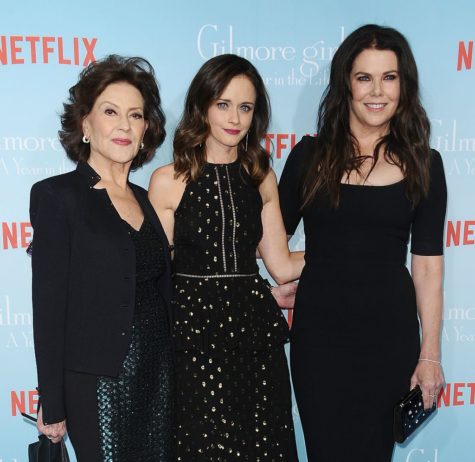
For one, the actors were all much older which caused a feeling of detachment from the original characters. Additionally, the direction many of the characters’ lives were headed in did not match our ideal endings from the finale nearly a decade earlier. Overall, it brought about a sense of disappointment from the audience aimed at not only the characters, but also at the writers and producers.
Even for animated shows with no noticeable time jump, the feeling of detachment still remains. This is largely due to the presence of the real-life time jump between the original production and the reboot.
This usually means that new voice actors must be casted for the same characters whose voices we already have ingrained in our minds, never to be forgotten. As a result, they often feel like different characters altogether.
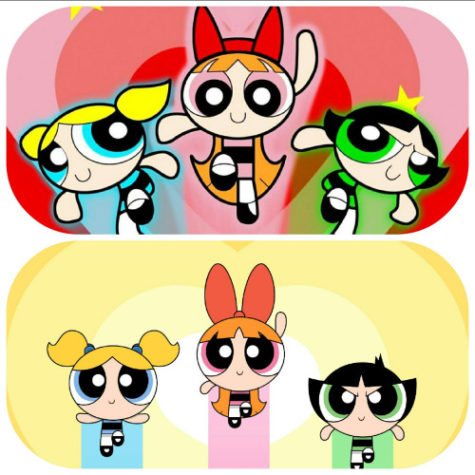
Apart from voice changes, another huge unavoidable difference is the change in animation style. With technology constantly developing, sticking with the same outdated methods for animation seems unwise and difficult to accomplish. In turn, the same settings and characters may look completely different between both versions, only further solidifying our detachment from the remake.
In the end, reboots are ultimately made to play off of nostalgic feelings. Whether production companies’ intentions are pure-hearted or greed-driven when carrying out this concept remains more of a tossup. Either way, it is safe to say that no matter the intent, the final product more often than not needs some serious work. As long-time audience members, we hate to see our once favorite characters become figures we are ashamed to have ever loved. And when it comes to reboots, love can in fact be conditional.


